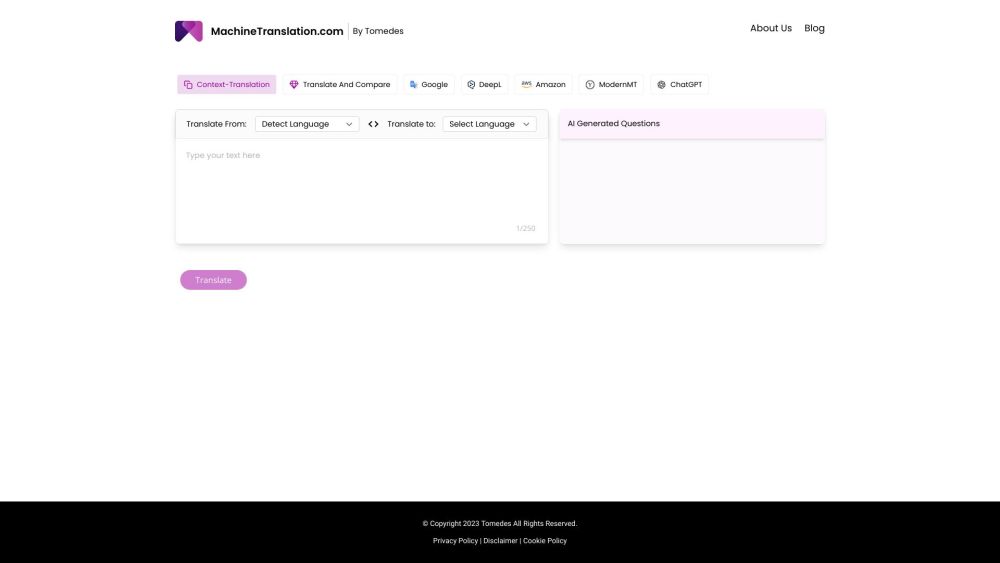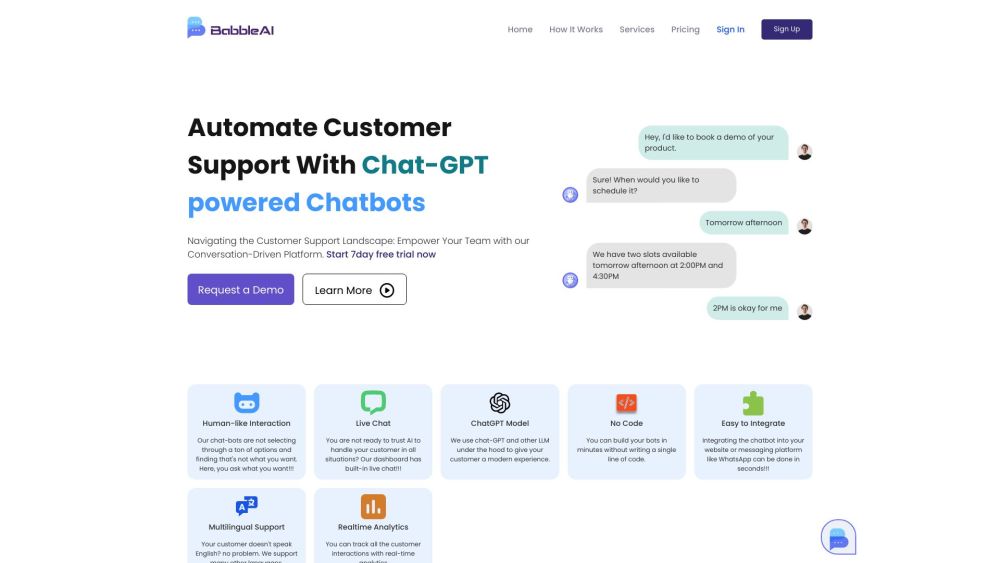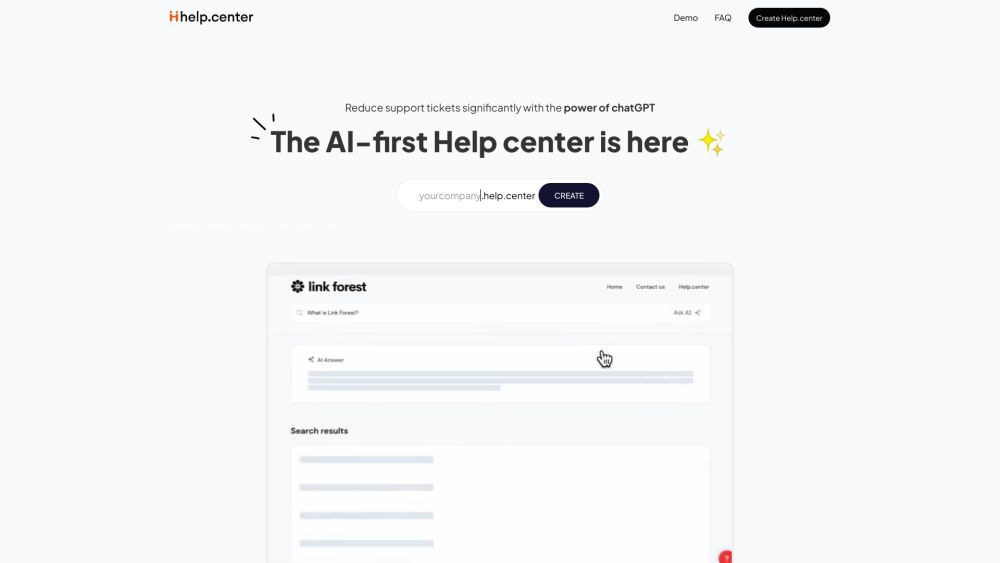Pop superstar Taylor Swift has officially endorsed Vice President Kamala Harris for president, highlighting growing concerns about AI-generated misinformation impacting the electoral process. This endorsement may reignite critical discussions about the need for regulating artificial intelligence.
Swift expressed her support for the Democratic ticket on Instagram, emphasizing her worries about AI's potential to spread false information during the campaign. With one of the largest social media followings globally, her voice carries significant influence.
In her post, Swift recounted a disturbing experience: “Recently, I was made aware that AI of ‘me’ falsely endorsing Donald Trump’s presidential run was posted to his site. This situation intensified my fears about AI and the dangers of misinformation. I realized I need to be transparent about my actual plans as a voter. The simplest way to combat misinformation is with the truth.”
The incident she referenced involved AI-generated images that falsely depicted her endorsing former President Donald Trump, which circulated widely on social media platforms. This follows previous instances of explicit deepfakes of Swift that emerged online, prompting calls from lawmakers and tech leaders for stricter AI regulations.
Swift’s endorsement and comments about AI misinformation bring attention to growing concerns among public figures and policymakers regarding technology's potential disruption of democratic processes. It also underscores the challenges tech companies and legislators face in balancing innovation with the need for safeguards against misuse.
While comprehensive federal legislation regulating AI remains elusive, some states have taken steps toward protection. Tennessee, Swift’s home state, recently passed the Ensuring Likeness Image and Voice Security (ELVIS) Act, designed to safeguard artists from AI impersonation and deepfake technology.
In October, the Biden administration issued an executive order laying out its policy on AI, which directs federal agencies to explore the implications of generative AI applications. This order also established the AI Safety Institute under the National Institute of Standards and Technology, with companies like OpenAI and Anthropic agreeing to submit their unreleased models for safety evaluations.
Last year, the Biden administration appointed Harris to represent the U.S. at the U.K. AI Summit. During a presidential debate on September 10, she emphasized the necessity for the U.S. to lead in AI and quantum computing in the 21st century, supported by American-made technology.
In contrast, former President Trump's running mate, J.D. Vance, has received praise from tech leaders for his advocacy of open-source AI.




